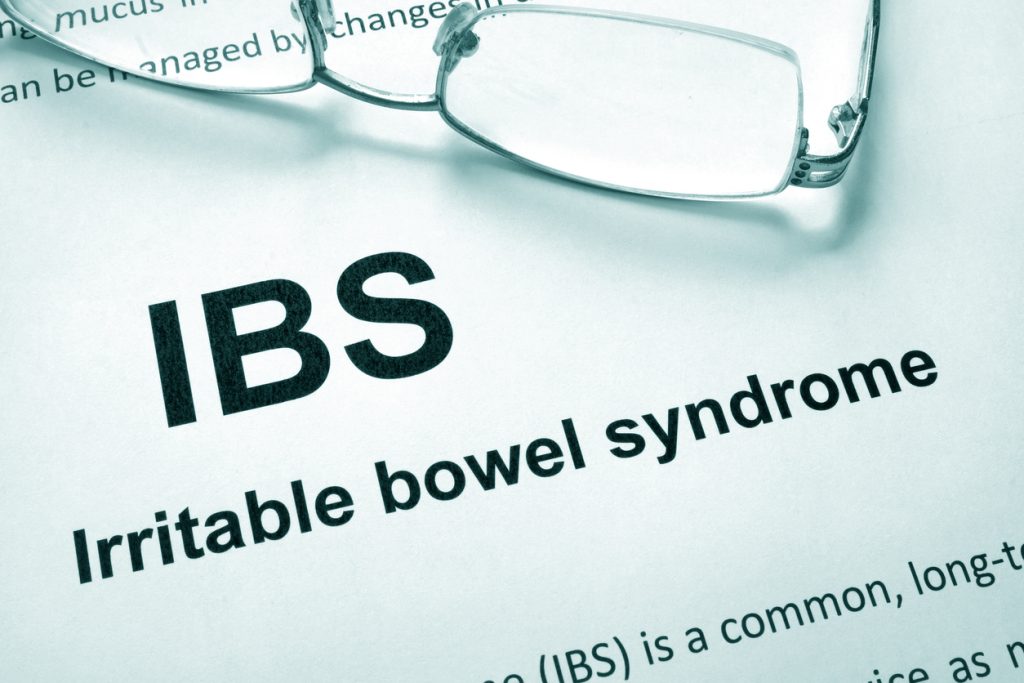Explosive diarrhea, with its sudden, violent bowel movements, urgency, and cramping, is not just an inconvenience. It can significantly disrupt daily life and may indicate underlying health issues. Recognizing these symptoms is not just important, it’s urgent for timely and effective management.
Causes of Sudden, Severe Diarrhea
Several factors can trigger the sudden onset of explosive diarrhea. Common causes include:
- Infections: Bacterial, viral, and parasitic infections can cause acute gastrointestinal distress. Pathogens like E. coli, Salmonella, and Norovirus are frequent culprits.
- Food Poisoning: Consuming contaminated food or water can introduce harmful bacteria and toxins into the digestive system.
- Medications: Antibiotics, antacids containing magnesium, and certain other medications can disrupt the gut flora, leading to severe diarrhea.
- Digestive Disorders: Conditions such as Irritable Bowel Syndrome (IBS), Crohn’s disease, and Ulcerative Colitis can result in chronic episodes of explosive diarrhea.
- Lactose Intolerance: The inability to digest lactose can lead to rapid-onset diarrhea after consuming dairy products.
Effective Acute Diarrhea Treatments
Managing acute diarrhea involves addressing the symptoms and the underlying cause. Here are some effective treatments:
- Hydration: Replacing lost fluids and electrolytes is crucial. Oral rehydration solutions (ORS) are specifically designed for this purpose.
- Dietary Adjustments: Following the BRAT diet (Bananas, Rice, Applesauce, Toast) can help firm up stools and reduce symptoms.
- Over-the-Counter Medications: Anti-diarrheal medications such as loperamide (Imodium) can provide quick relief but should be used cautiously and not for prolonged periods.
- Probiotics can help restore healthy gut flora disrupted by infections or antibiotics.
- Remember, if diarrhea persists beyond a few days or is accompanied by severe symptoms such as high fever, blood in stools, or dehydration, seeking medical help is not just important, it’s essential.
Signs of Intestinal Infections
Intestinal infections can present a variety of symptoms beyond explosive diarrhea. Common signs include:
- Fever: A high temperature often indicates an underlying infection.
- Abdominal Pain: Cramping and discomfort in the abdominal area.
- Nausea and Vomiting: These symptoms frequently accompany severe diarrhea.
- Fatigue: Dehydration and nutrient loss can lead to significant tiredness and weakness.
- Loss of Appetite: A decreased desire to eat, often due to nausea and abdominal discomfort.
Remedies for Chronic Diarrhea
Chronic diarrhea, lasting more than four weeks, requires a different approach:
- Dietary Changes: Identifying and eliminating trigger foods like dairy or gluten can help manage symptoms.
- Fiber Supplements: Soluble fiber can help bulk up stools and improve consistency.
- Medications: Prescription medications may be necessary for underlying conditions like IBS or inflammatory bowel diseases.
- Stress Management: Techniques such as yoga, meditation, and cognitive behavioral therapy can help reduce stress-related diarrhea.
- For chronic conditions, lasting more than four weeks, ongoing medical supervision is not just beneficial, it’s essential for effective management.
Frequently Asked Questions
- What causes explosive diarrhea suddenly? Sudden explosive diarrhea can be caused by infections, food poisoning, medication side effects, and underlying digestive disorders.
- How can I treat severe diarrhea at home? Home treatments include staying hydrated, following the BRAT diet, using over-the-counter anti-diarrheal medications, and taking probiotics. However, persistent or severe symptoms require medical attention.
- What are the symptoms of an intestinal infection? Symptoms include fever, abdominal pain, nausea, vomiting, fatigue, and loss of appetite. If these symptoms occur alongside diarrhea, seeking medical advice is essential.
- How long does acute diarrhea last? Acute diarrhea typically lasts a few days to a week. A medical evaluation is necessary to rule out severe conditions if symptoms persist longer.
- What remedies work for chronic diarrhea? Dietary changes, fiber supplements, medications for underlying conditions, stress management, and regular medical check-ups effectively manage chronic diarrhea.
- When to Seek Medical Help for Explosive Diarrhea: Taking Proactive Steps for Your Health
Conclusion
Understanding the causes and treatments of explosive diarrhea is essential for managing this distressing condition effectively. From identifying symptoms of intestinal infections to exploring remedies for chronic diarrhea, taking informed steps can significantly improve quality of life. Always prioritize hydration and dietary management and seek medical advice when necessary.





